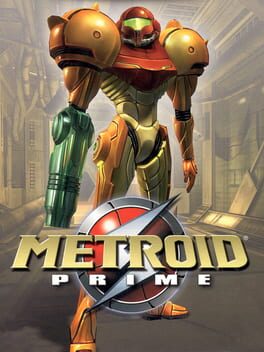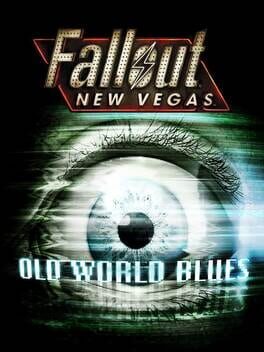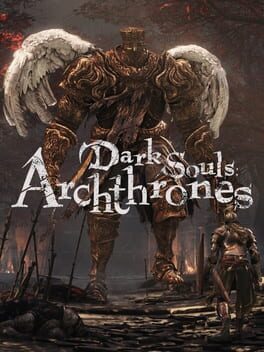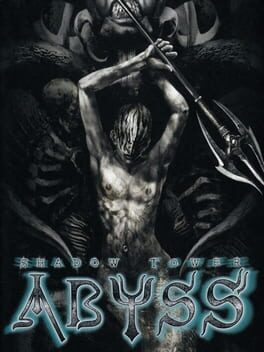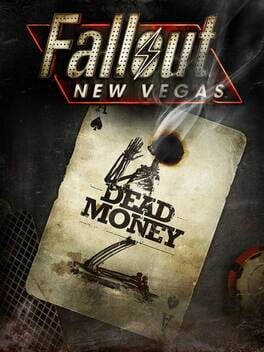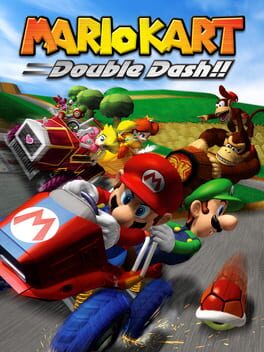HenX
BACKER
former xD-spammer
current 💀-spammer
Solaire fanboy
Praise the Sun \[T]/
1 - bad
2 - okay
3 - good
4 - amazing
5 - masterpiece
Badges

Loved
Gained 100+ total review likes

GOTY '23
Participated in the 2023 Game of the Year Event

Gamer
Played 250+ games

Early Access
Submitted feedback for a beta feature

Popular
Gained 15+ followers

Pinged
Mentioned by another user

Busy Day
Journaled 5+ games in a single day

Shreked
Found the secret ogre page

GOTY '22
Participated in the 2022 Game of the Year Event

2 Years of Service
Being part of the Backloggd community for 2 years

Full-Time
Journaled games once a day for a month straight

On Schedule
Journaled games once a day for a week straight

Roadtrip
Voted for at least 3 features on the roadmap

Liked
Gained 10+ total review likes

Donor
Liked 50+ reviews / lists

Organized
Created a list folder with 5+ lists

Listed
Created 10+ public lists

Best Friends
Become mutual friends with at least 3 others

Noticed
Gained 3+ followers

GOTY '21
Participated in the 2021 Game of the Year Event

N00b
Played 100+ games
Favorite Games
323
Total Games Played
025
Played in 2024
067
Games Backloggd
Recently Played See More
Recently Reviewed See More
Initially, I was optimistic. A great title screen, the armors in the character editor looked great. The game starts with a Demon's Souls reference - fantastic. However, I quickly had to realize that, apart from the superficial aspects, Archthrones doesn't have much to do with the game design of Demon's Souls. And this is definitely not „the new Dark Souls 4“. I know it's unfair to measure Archthrones against FromSoftware's masterpieces. Essentially, this is not much more than a few reworked levels from Dark Souls 3, a few new levels (which have significantly less quality than those from FS), and bosses whose movesets have been randomly mashed up from known bosses. The animations have been shamelessly taken from other games. To the point where a cease and desist wouldn't surprise me at all. (Although the recontextualization of some bosses is cool.)
Unfortunately, it's also evident that they didn't understand what makes Demon's Souls level design unique. Because this doesn't have anything to do with the shortcut-based design from Demon's Souls. The reworked Dark Souls 3 levels are at least visually well done. But gameplay-wise, not much changes aside from different enemy placement.
Tldr; Archthrones is nothing more than a level overhaul for Dark Souls 3 with randomly thrown together boss encounters from other FromSoft games. Unfortunately, very little here is based on original ideas, and there's an obvious lack of understanding of FromSoftware's game design. Those who don't expect too much might still have fun with this. However, this mod is being promoted on the official website as a new game heavily based on Demon's Souls' level design. And in this regard, Archthrones fails miserably.

